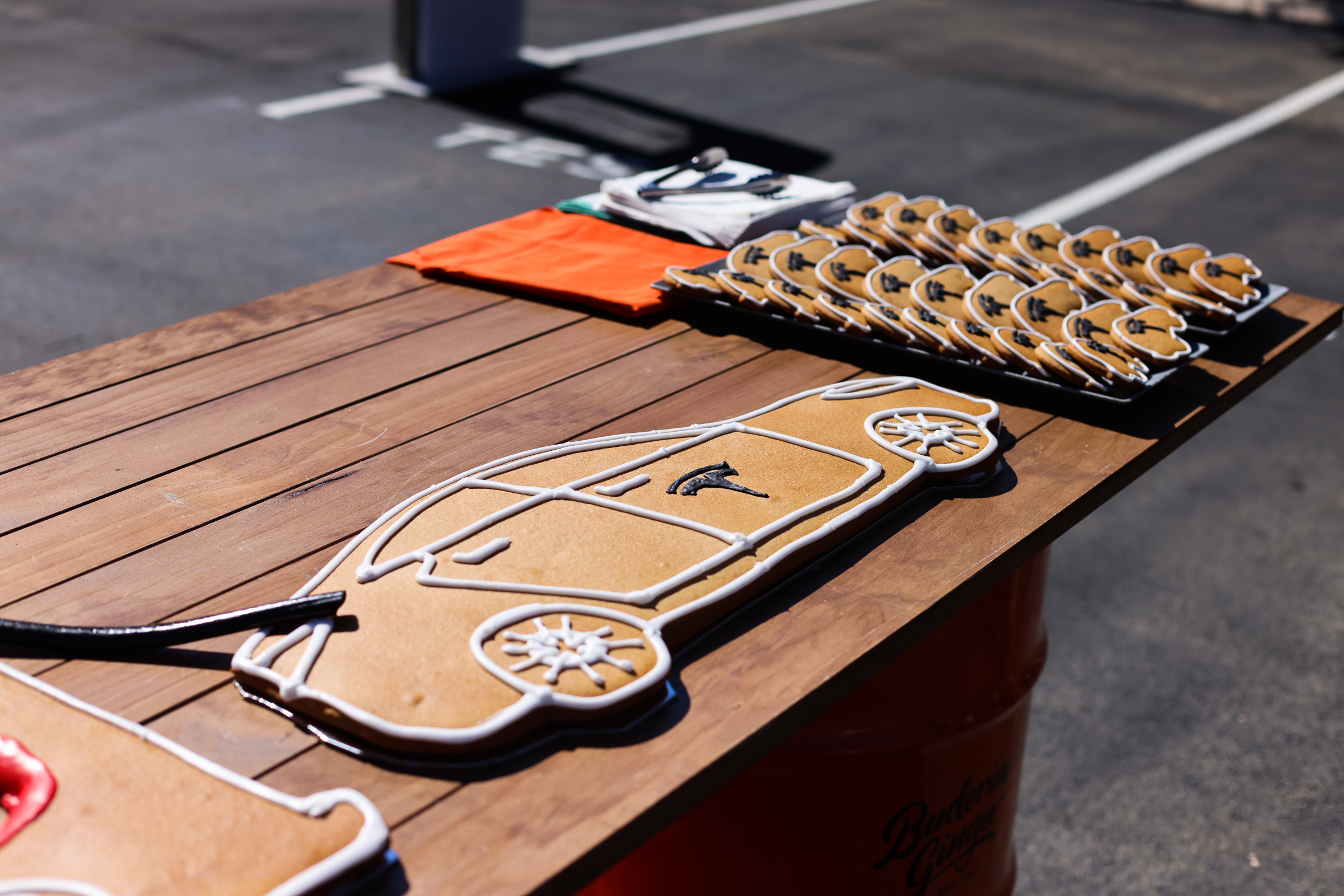South32 chief executive officer Graham Kerr has joined other mining executives in warning industrial relations (IR) reforms, including the ‘same job, same pay’ policy, would potentially harm the industry.
“I think the industrial relations reforms are going to probably set back productivity and not take it forward,” Kerr said.
The Australian Government’s ‘same job, same pay’ legislation law will require host employers to pay labour hire workers the same rate as direct employees performing the same job.
A number of mining companies have expressed concern that the legislation, which is set to be enacted by the end of 2023, will put additional pressure on what is already a fragile labour market.
After releasing its financial year (FY23) results yesterday, South32 said it expects production costs across its global operations to increase over the coming financial year.
In addition to increasing costs, Kerr believes the IR changes ran the risk of dampening Australia’s attractiveness to foreign investment. He said the company invests in its workers, offering fair pay.
South32 is the latest company in the Australian mining industry to warn against the reforms, with the Minerals Council of Australia (MCA) calling for the legislation to exclude service contractors.
“The Government must listen to the legitimate concerns of all businesses, given the impacts of this proposal reach into all corners of the economy,” the MCA said.
BHP Australian President Geraldine Slattery recently told the American Chamber of Commerce higher pay is not sustainable when mining already offers some of the highest paid careers in Australia.
“Australia has one of the highest labour costs in the world – around 12 per cent higher than in the US,” Slattery said.
“We are proud to be a high-paying industry. Changes to industrial relations policies are of particular concern, and like many businesses we believe they will have a negative impact on Australia’s competitiveness and jobs.
Slattery raised concerns that operations at BHP’s Olympic Dam copper mine in South Australia could be harmed by the reforms.
“We believe ‘same job, same pay’ could increase the operating costs of our existing operations (in SA) by nearly $200 million per year and maybe up to $500 million in a worst-case scenario,” she said.
“The hit to the value of any potential growth plans in SA could be anywhere up to $US2 billion ($2.98 billion) and this would make it much harder for any South Australian investment case that has to compete with alternative options in other parts of the world.”




